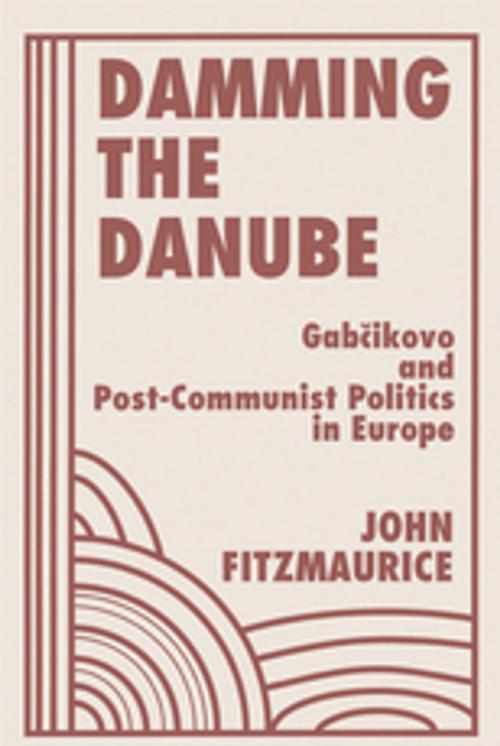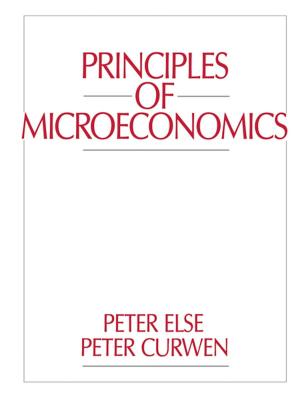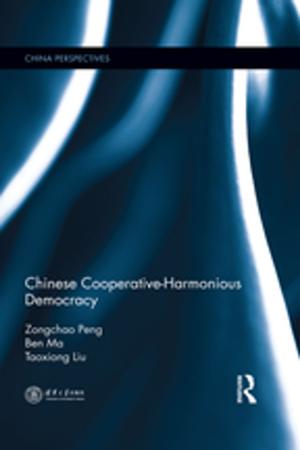Damming The Danube
Gabcikovo/nagymaros And Post-communist Politics In Europe
Nonfiction, Social & Cultural Studies, Political Science| Author: | John Fitzmaurice | ISBN: | 9780429980756 |
| Publisher: | Taylor and Francis | Publication: | February 23, 2018 |
| Imprint: | Routledge | Language: | English |
| Author: | John Fitzmaurice |
| ISBN: | 9780429980756 |
| Publisher: | Taylor and Francis |
| Publication: | February 23, 2018 |
| Imprint: | Routledge |
| Language: | English |
The conflict between Hungary and Slovakia over the Gabčikovo-Nagymaros dam system on the Danube is a potentially explosive threat to regional stability along this key economic artery between the North Sea and the Black Sea. Emblematic of the difficulties in establishing a post-communist regional order, this bitter battle between material economic values and post-materialist environmental and cultural values threatens to resurrect nationalist resentments buried by forty years of communism. Based on a wealth of primary research, this balanced book considers the broad political, economic, social, legal, and environmental implications of the dam project—not just for Hungary and Slovakia, but for Europe as a whole. Viewing the controversy from the contending perspectives of all the key players, the author explores the role of outside mediation efforts and the resulting implications for regional security and cooperation.
The conflict between Hungary and Slovakia over the Gabčikovo-Nagymaros dam system on the Danube is a potentially explosive threat to regional stability along this key economic artery between the North Sea and the Black Sea. Emblematic of the difficulties in establishing a post-communist regional order, this bitter battle between material economic values and post-materialist environmental and cultural values threatens to resurrect nationalist resentments buried by forty years of communism. Based on a wealth of primary research, this balanced book considers the broad political, economic, social, legal, and environmental implications of the dam project—not just for Hungary and Slovakia, but for Europe as a whole. Viewing the controversy from the contending perspectives of all the key players, the author explores the role of outside mediation efforts and the resulting implications for regional security and cooperation.















